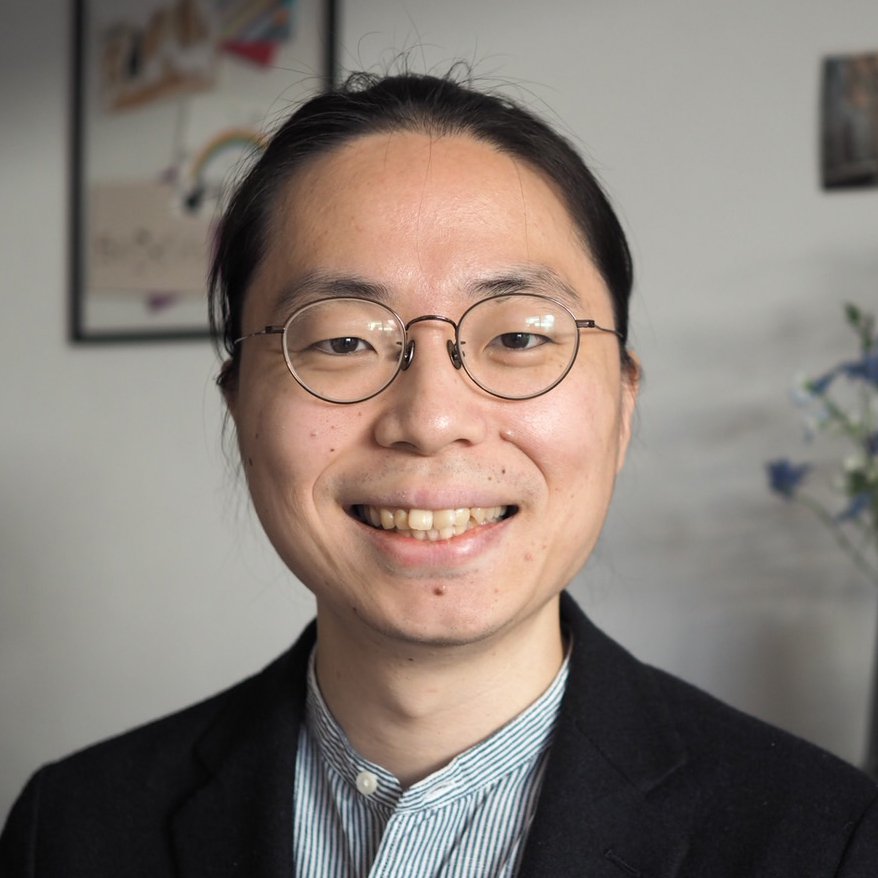Software
Shuichi Katsumata
A cryptographer is spearheading global developments in "post-quantum cryptography."

Europe
Daniel Schulz
Research Fellow, HafenCity University Hamburg/ City Science Lab, Germany

Latin America
Francisco Domínguez
Its online academy trains teenagers to open the doors to the digital labor market.

Global
Sara Wahedi
Provides real-time alerts to Kabul residents.

Korea
Hyekang Roh
Treating mental disorders, such as insomnia, with science and technology.
